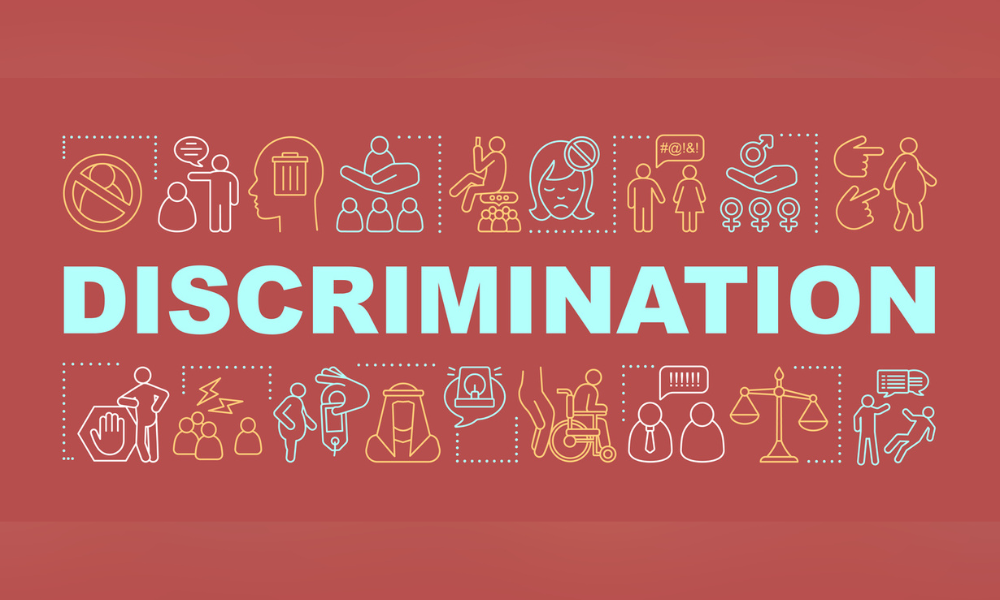
No exceptions for substantial compliance, unintentional non-payment, lack of prejudice, ruling says

An employer who failed to pay its arbitration fees within the deadline has materially breached the arbitration agreement even if the delay was inadvertent and even if the employee was not prejudiced, a California court has said.
In the case of Quincoza Espinoza v. Superior Court Los Angeles County, the plaintiff filed a complaint against her former employer, Centinela Skilled Nursing & Wellness Centre West, LLC. She alleged disability discrimination and retaliation, among other claims.
The defendant employer brought a motion to compel arbitration based on an arbitration agreement that the plaintiff signed when she started working there.
Read more: BART workers claim they were passed over for promotion based on discrimination
The trial court found that the Federal Arbitration Act (FAA) governed the terms of the parties’ agreement. It granted the motion to compel arbitration and stayed the court proceedings in the meantime.
The plaintiff filed a motion to lift the stay under section 1281.97 of California’s Code of Civil Procedure and to allow her to proceed with her claims in court. She argued that the defendant failed to pay the arbitration fees by the statutory deadline and thus defaulted on and materially breached the arbitration agreement.
The defendant opposed the motion. It claimed that the delay was inadvertent and was due to a clerical error and that it has since made the necessary payment.
The trial court denied the plaintiff’s motion upon finding that the defendant did not materially breach the agreement because it substantially complied with its payment obligations and because the delay did not prejudice the plaintiff.
The plaintiff filed a petition seeking a reversal of the trial court’s decision. She argued that section 1281.97 – which provides the procedural requirements for the timely payment of arbitration fees – should be strictly applied, without exceptions, if payment has not been made within 30 days.
The California Court of Appeal for the Second District granted the plaintiff’s petition. It ordered the trial court to lift the stay of litigation and to allow the plaintiff to proceed with her claims in court.
Read more: Cisco supervisors allegedly denied employee opportunities based on caste system
First, the appellate court ruled that the defendant materially breached the arbitration agreement under section 1281.97(a)(1). The Legislature intended courts to strictly apply the payment deadline in that provision, the appellate court noted.
The appellate court accepted that the defendant’s delay in payment was inadvertent, brief, and not prejudicial to the plaintiff. However, section 1281.97 contained no exceptions for substantial compliance, unintentional non-payment, or absence of prejudice, the appellate court stressed.
Lastly, the appellate court disagreed with the defendant’s argument that the FAA pre-empted section 1281.97. According to the case of Gallo v. Wood Ranch USA, Inc. (2022), section 1281.97 does not prohibit or discourage forming or enforcing arbitration agreements. The provision also does not frustrate the FAA’s objectives to honor the parties’ intent to arbitrate and to preserve arbitration as a speedy and effective alternative for resolving disputes.